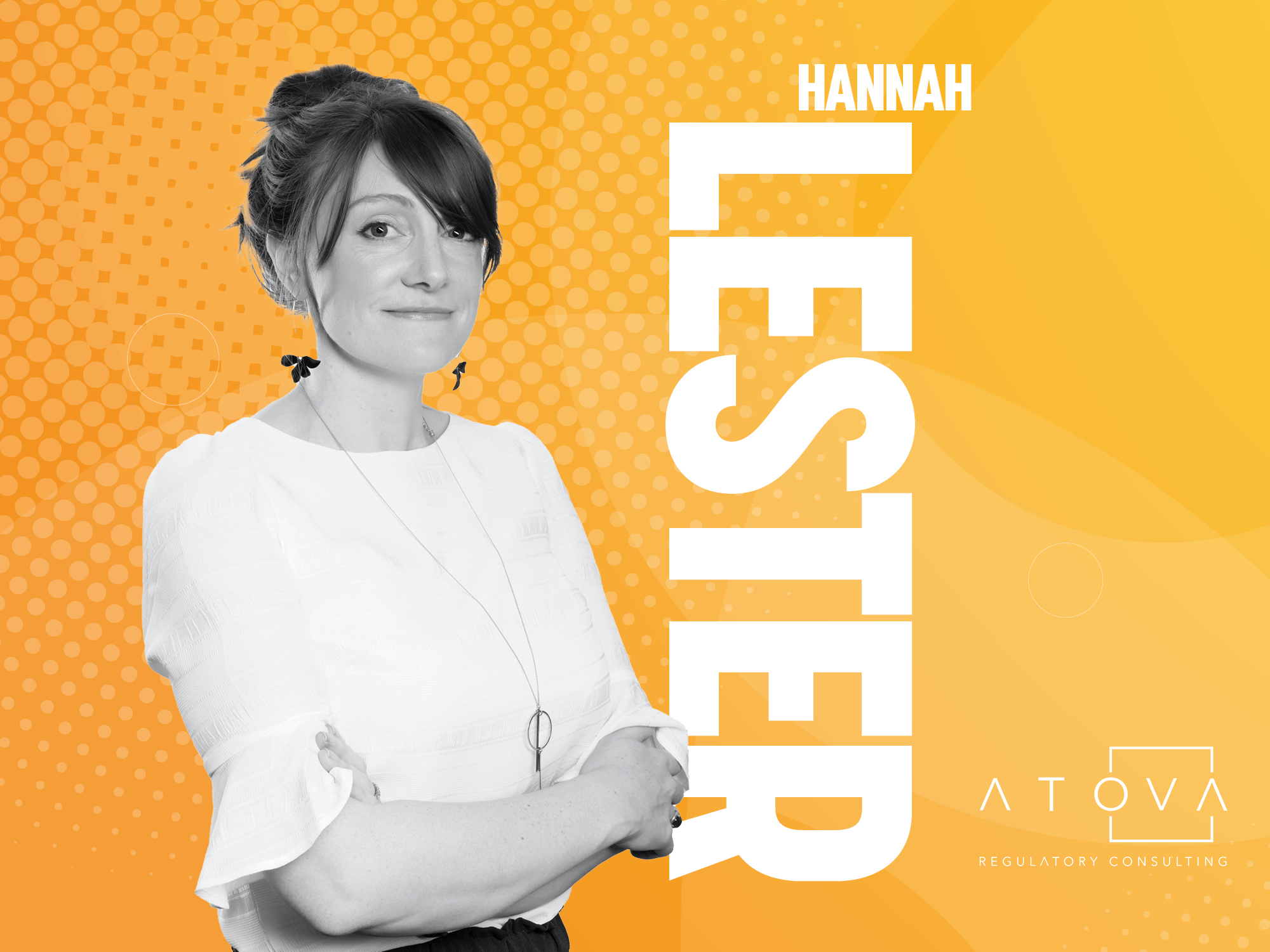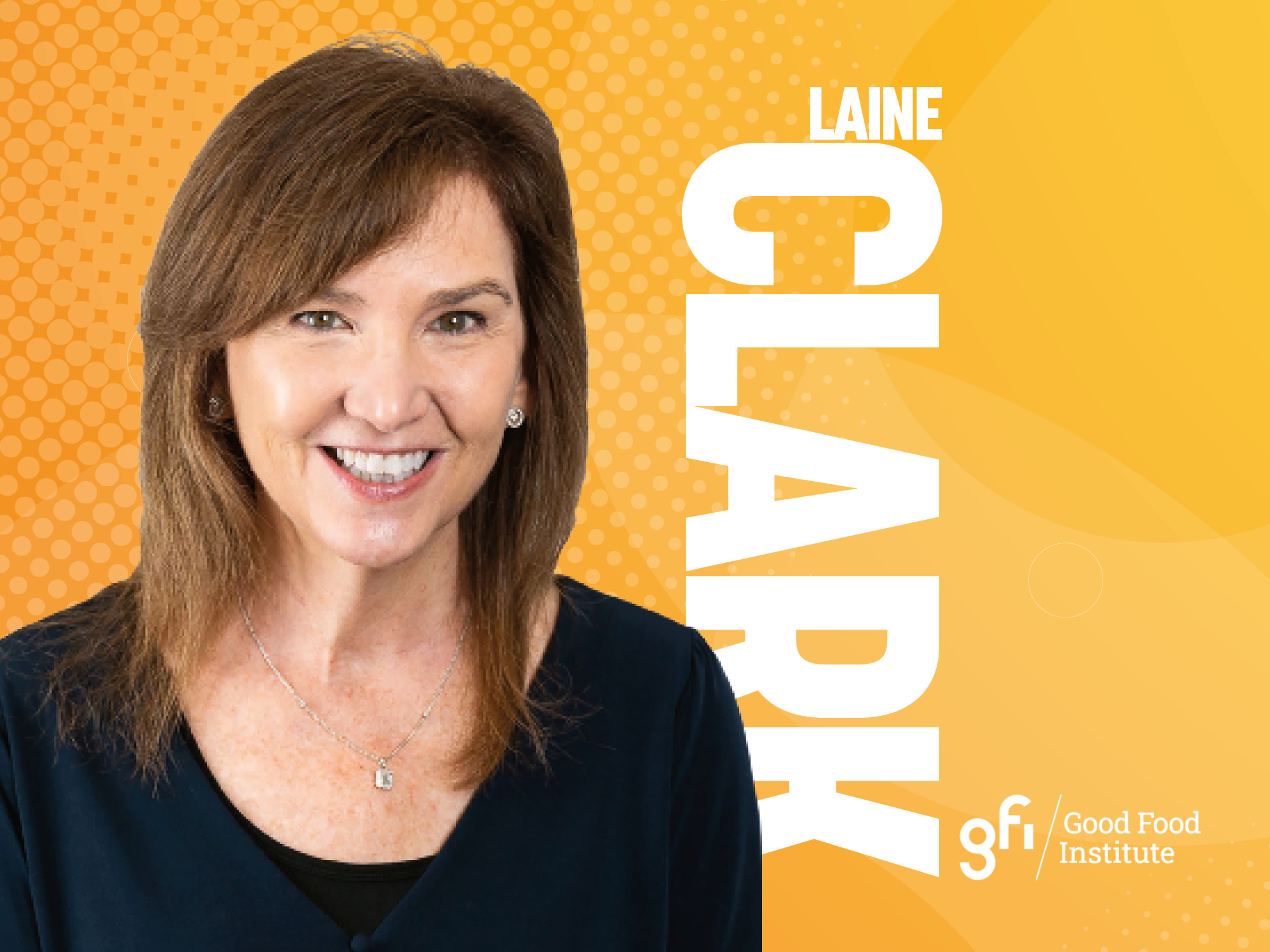

Setting the record straight on the EU novel food approval process
I was so excited when I saw the news that an EU cultured meat company was the first to start the novel food approval process in the EU! A moment we have all been waiting for, I eagerly clicked to learn more, but unfortunately, a lot of what I was reading was not 100% accurate, which resulted in a lot of confusion and mixed messages.
So, I want to set the record straight on the EU novel food approval process and other inaccuracies that I often see mentioned.
Myth 1: Pre-registration with the European Food Safety Authority (EFSA). This is more a point for clarification than a myth. Applicants should create an account with EFSA Connect – a portal that allows applicants to perform all pre-submission activities such as request a pre-submission dossier ID and general pre-submission advice (GPSA). The Connect.EFSA portal is also used to notify certain studies that will support your novel food application to EFSA before the study start date, which is a requirement under the Transparency Regulation. Although EFSA offers pre-submission advice, it is not a mandatory pre-submission step, and is limited in scope. At the moment, EFSA will only point applicants in the direction of the correct regulations and guidance documents, and is not able to provide advice on the content or scope of your dossier, study design, or overall regulatory strategy. It is also vital to note that when you have built your novel food dossier, and you are ready to submit your application, it is not submitted via the Connect.EFSA platform directly to EFSA. Novel food dossiers must be submitted via the E-submission food chain platform to the European Commission (EC). The EC then performs a validity and completeness check to ensure the application is complete, and the product is in the scope of the novel food regulation. The EC then sends a mandate to EFSA to perform its scientific risk assessment.
I want to set the record straight on the EU novel food approval process, and some other regulatory myths that I often see mentioned
Myth 2: EFSA certification. There is no such thing as EFSA certification! EFSA performs the risk assessment of novel food dossiers and provides an independent scientific opinion on the safety of the novel food under assessment. EFSA is not responsible for authorizing novel foods. Once EFSA has issued its scientific opinion, the next stage is risk management, overseen by the EC. The EC grants novel food authorizations after Member States vote at the Standing Committee of Plants, Animals, Food and Feed by qualified majority voting (55% of EU Member States representing 65% of the EU population must vote in favor).
Myth 3: EU novel food approval will take more than five years. However, the timelines are often longer as EFSA issues ‘clock-stops’ during the risk assessment to ask applicants for clarification or to generate added data. There is no limit to the number of clock-stops that EFSA can issue and a recent analysis we performed revealed that the average number is three. We also analyzed the average timeline from dossier submission to approval for 35 novel food dossiers submitted since 2018 (excluding traditional foods and modifications of use dossiers). This revealed the average timeline is 2.5 years (minimum timeline 1.6 years, maximum five years).
True, the EU novel food approval process is complex and takes a long time, but the sooner you get your dossier in, the sooner you’ll get your product approved! You can also reduce timelines by producing an excellent-quality dossier supported by robust data that is compliant with EFSA guidance documents. Although it is tricky for new food technologies such as cultivated meat – for which there is no clear guidance – a lot can be learned from reading EFSA opinions and the non-confidential versions of novel food dossiers (for dossiers submitted after 27 March 2021).
So, I hope that has cleared a few things up. Apologies for being picky, but as a regulatory professional, I feel it is important to get these things right! Until next time…
Dr Hannah Lester is the CEO & Principle Consultant of Atova Regulatory Consulting and also Head of Regulatory at Gourmey. This article is republished from the October/November 2023 edition of Protein Production Technology International, the industry's leading resource for alternative proteins. To subscribe to all future editions, please click here
If you have any questions or would like to get in touch with us, please email info@futureofproteinproduction.com
More Opinion

Food biomanufacturing: A national security issue

Creating a new protein sector: Part II

Trade secrets: when, how and why to use them

The criticality of conducting LCAs

Creating a new protein sector: Part I

Protecting IP on a budget

Will the UK become the new Singapore?









